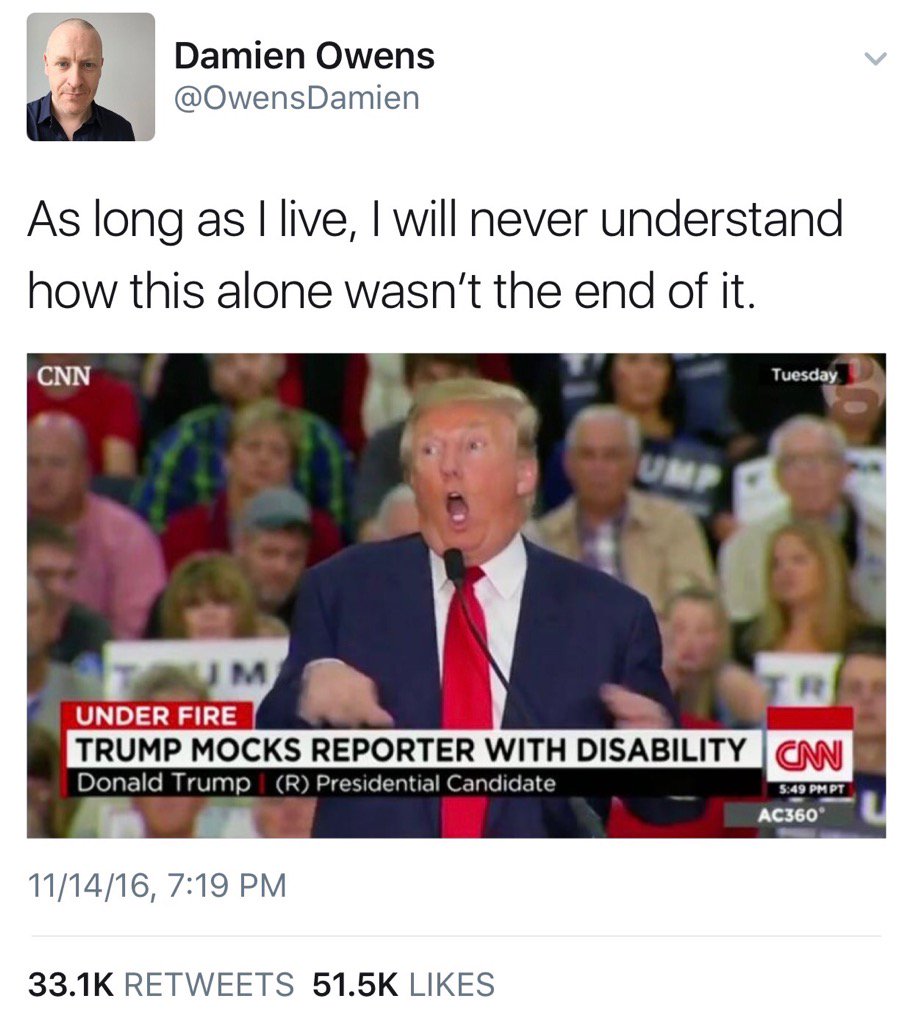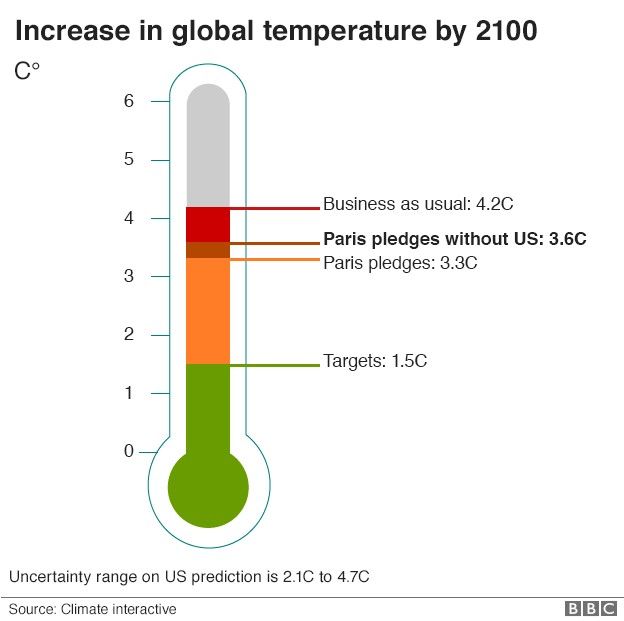Everything was going so well for me ...
... until he did this:
If that looks different from the usual tweets from the @realdonaldtrump, it is because on Twitter I follow this "Real Press Sec." bot, which two people had created to make sure we all realize that trump's tweets are presidential statements. It is not some random 71-year senile man across the street.
I couldn't take it anymore.
In this piece in the NY Times, the author makes a point:
Yet criticism, even from Republicans, has not deterred Mr. Trump and some of his supporters in the past — witness how many denounced him over the Access Hollywood tapes. The president has paid no discernible political price for his actions. So that leaves the question very much open whether behavior once ruled unthinkable is again permissible in America today.It is pathetic how Republicans do not care for this president's behavior. That they don't care is not really a surprise. After all, it is not as if the guy flipped after having been a perfect gentleman throughout his campaign. These people voted for him fully knowing what a disgusting human being he is!
I had to do something, at least for my own sanity.
I sent the following message to the two senators and the congressman who represent me in DC:
I am truly, truly, feeling helpless watching this President tweet and rant with complete disregard to basic human decency, leave alone the dignity of the office to which he was (s)elected. This president's recent tweets attacking Mika Brzezinski are merely the latest example.
He is an absolute embarrassment to the nation, is destroying America's credibility around the world. I cannot for a moment even imagine how this is contributing to Making America Great Again.
Even worse, this president is giving permission to haters, bullies, xenophobes, racists, and misogynists--not only in America but around the world as well. America is, indeed, a shining city on a hill; this visibility lets the thugs and goons anywhere on this planet know that their low values are consistent with this president's values.
I worry even more about this president as a role model for impressionable children in America and elsewhere.
I understand that I am not contacting you about a policy position on which you can vote. So, what do I want you to do?
I want you to talk with the GOP members in Congress--in the House and Senate--and make them understand that their support for this president only continues to enable his indecent and disgusting behavior. Please make your GOP colleagues understand that it is not good principles for them to care only about their political victories on their preferred policy positions while being indifferent to their party's standard-bearer.
trump is an embarrassment and a shame, not only to the GOP but to all of us Americans whom he represents as the President of the United States of America.
Thank you.










